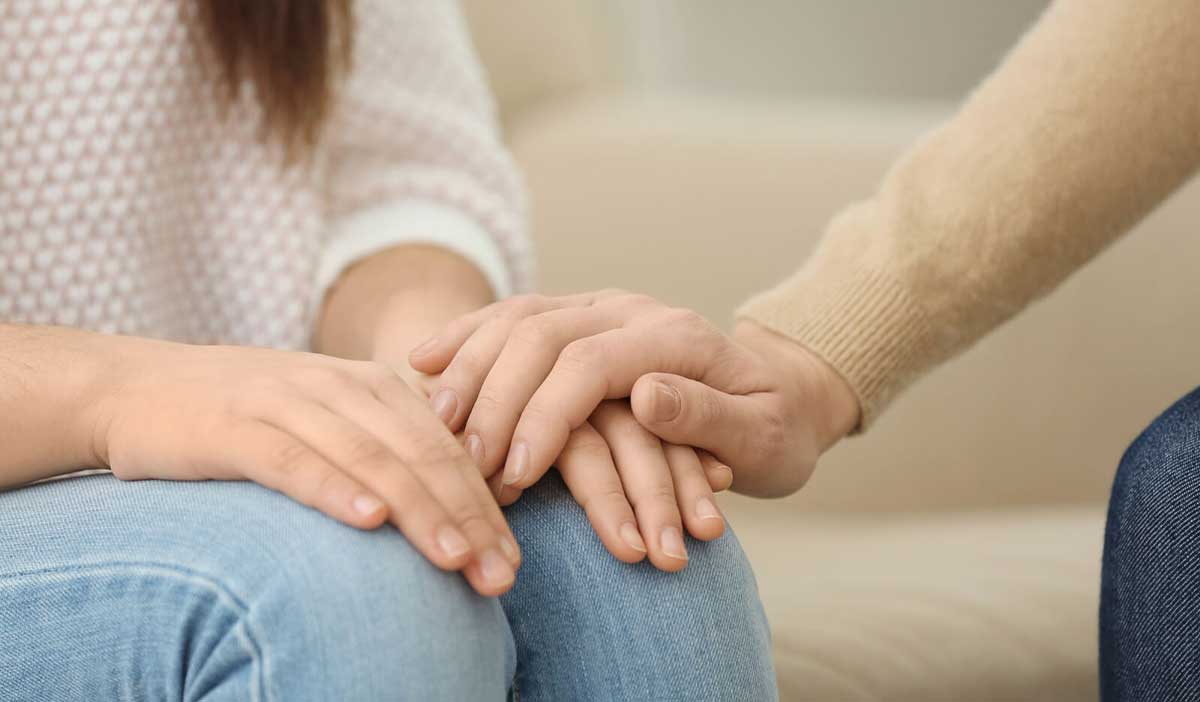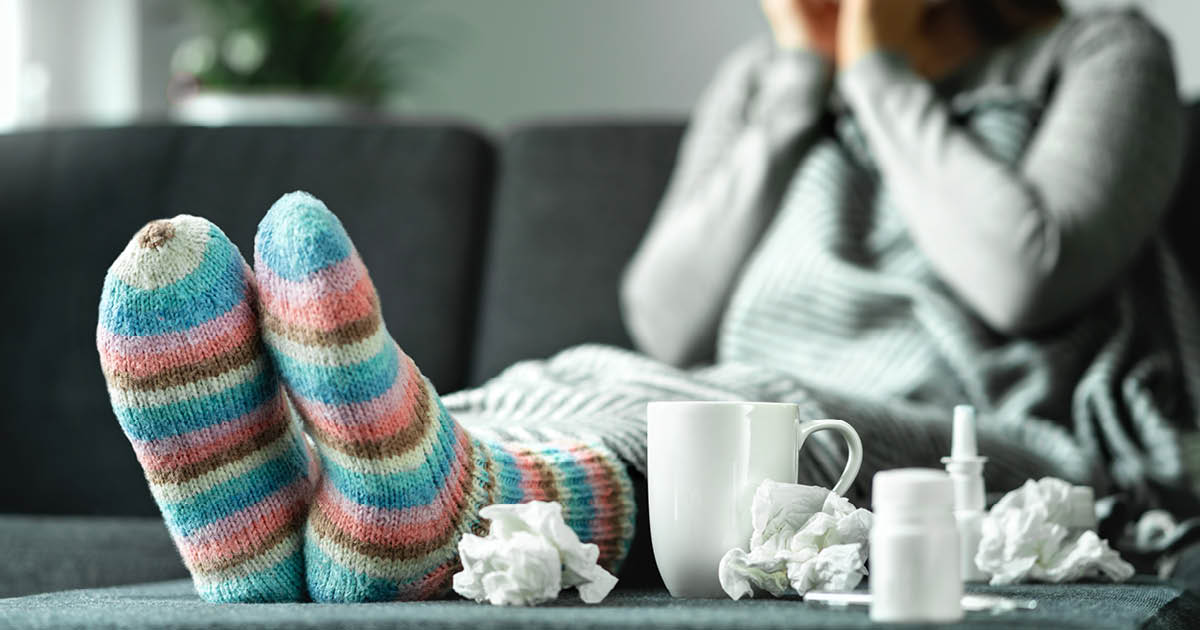Remember awkward, sweaty handshakes before meetings? Watching a summer blockbuster in a crowded theater? Sending your kids off to school on a crowded bus? Shopping leisurely in grocery stores that were always fully stocked?
Living during the “new normal” caused by COVID-19 is anything but normal. The current world-wide coronavirus crisis has ravaged the way we all go about living. It has been stressful for everyone.
Stress is an equal opportunity bully. From kids to seniors, many people these days are struggling with feelings of confusion and fear because no one can say for sure when the challenges of this current way of life will be over.
When stress is chronic, it can affect your health in physical, psychological, psychosocial, and psychospiritual ways. To get by, it’s important to pay attention to you and your loved one’s mental health.

Signs of chronic stress might appear in your body as a pounding headache, chest pain, restlessness/trouble sleeping, acne, or lingering bouts of stomach upset or loss of appetite. Or, extra stress might make it hard for you to concentrate or cause you to get frustrated more easily or feel moody, fatigued, frazzled, sad, isolated, or worthless.
When you notice that your stress levels are exceptionally high (and your stress is affecting your health and well-being), the first step to take is to acknowledge that you are stressed. Then, you can explore things you can do to cope so that you can find ways to get back to feeling whole again.
Are you overwhelmed? Need help right now?
Asking for help is a sign of strength. If you—or a loved one—is feeling overcome with emotions like fear, anxiety, and unhappiness, having problems with substance abuse caused by stress, or feeling a desire to harm yourself or others:
- Call 911
- Visit the Disaster Distress Helpline website, call (800) 985-5990, or text TalkWithUs to 66746
- Go to the National Domestic Violence Hotline website or call (800) 799-7233
Read on for tips on how to navigate difficult situations and take care of your emotional health, and learn what Centers for Disease Control and Prevention’s experts recommend for coping during a pandemic and other stressful times.
What is chronic stress?
Chronic stress is a type of stress that affects you over a long period, whereas acute stress is brief. It will spike and then go away quickly (think the irritation you might feel when someone cuts you off in traffic and almost causes an accident).
When your body senses a threat—emotional or physical—it goes into high alert. Being stressed over a long period takes a significant toll on your physical and emotional health, so much so that chronic stress has been linked to causing health conditions, including:
- depression
- type 2 diabetes
- elevated blood pressure
- heart disease
How to cope with stress and manage anxiety
Chronic stress is not something to be ignored. Here are some things you can do to take care of yourself to improve your emotional and physical health:
- Cut back on how much COVID-19 media coverage you read online and watch on TV
- Support and stay connected with your friends and loved ones
Take care of your body by:
- Eating healthy foods
- Staying active and getting regular exercise
- Avoiding drugs and alcohol
- Keeping your mind busy with a favorite hobby
- Making time to unwind by meditating, stretching, or taking deep breaths
- Ask for help if you need it
Close-to-home support for managing with stress
If you have noticed changes in your health that aren’t going away that you think might be caused by stress, turn to the providers at Logansport Memorial Hospital.
Our doctors and care team can help diagnose what is happening and connect you with the right cardiologist or psychologist if necessary for extra care.
Current patient? Request an appointment
You might also like:
- Take Steps to Relieve Stress and Improve Your Health
- The Physical Impacts of Stress
- The Side Effects of Poor Sleep




